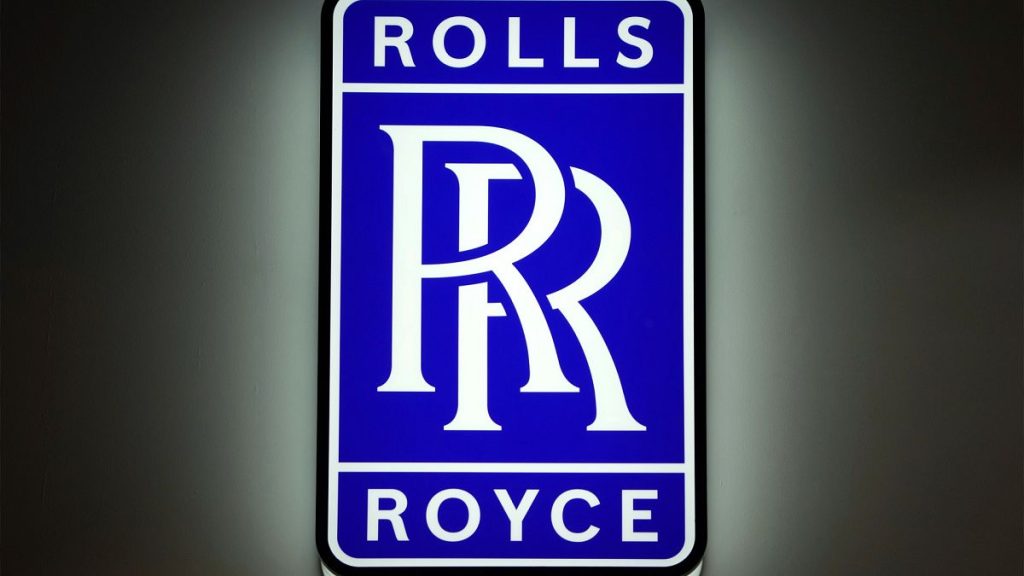Rolls-Royce Submarines Ltd, a subsidiary of the renowned aerospace and defence company Rolls-Royce Holdings, has secured a groundbreaking contract with the UK Ministry of Defence (MoD). Designated “Unity,” this agreement represents the largest ever deal between Rolls-Royce and the MoD, valued at approximately £9 billion (€10.67 billion). Spanning over eight years, the contract encompasses the design, manufacture, and ongoing support of nuclear reactors powering the Royal Navy’s submarine fleet. This comprehensive approach streamlines operations, enhances efficiency, and strengthens the UK’s defence capabilities. The deal also includes support for the construction and commissioning of the Dreadnought Class submarines, the next generation of nuclear deterrent.
The Unity contract is projected to have a significant positive impact on the UK economy and national security. It is anticipated to create over 1,000 new jobs, while safeguarding an additional 4,000 existing positions within Rolls-Royce. This injection of skilled employment contributes to economic growth and reinforces the UK’s position as a leader in nuclear submarine technology. Furthermore, the contract provides a stable and predictable framework, enabling Rolls-Royce to invest confidently in infrastructure, technology, and workforce development, ultimately bolstering the domestic nuclear sector. This long-term stability is crucial for maintaining the UK’s sovereign capability in critical defence technologies.
The significance of the Unity contract extends beyond mere economic benefits. It underscores the UK’s commitment to maintaining a credible and robust nuclear deterrent in an increasingly uncertain global landscape. By securing the supply chain for these critical components, the UK strengthens its national security posture and reinforces its strategic independence. Steve Carlier, President of Rolls-Royce Submarines, emphasized the importance of the contract in enabling the company to invest in the necessary skills, equipment, and facilities to play its part in safeguarding UK interests both domestically and internationally. He highlighted the collaborative nature of the agreement, allowing Rolls-Royce to effectively meet the evolving needs of the Royal Navy.
Sir Chris Gardner, CEO of the Submarine Delivery Agency (SDA), echoed these sentiments, emphasizing the contract’s role in fostering resilience, collaboration, and enhanced capability within the SDA and Rolls-Royce partnership. The Unity contract consolidates existing commercial arrangements into a single, unified framework, promoting efficiency, agility, and effectiveness in meeting the requirements of the Defence Nuclear Enterprise. This streamlined approach simplifies contract management, reduces administrative overhead, and fosters a closer working relationship between the MoD and Rolls-Royce. Sir Chris also highlighted the contract’s importance in providing Rolls-Royce with the contractual security necessary for long-term planning and investment, benefiting both the company and its workforce.
The timing of this contract coincides with a period of increased global tension and a renewed focus on defence spending by Western nations. This heightened awareness of security concerns has led to calls for increased investment in defence capabilities, including nuclear deterrence. The UK’s commitment to this substantial investment signals its recognition of the evolving geopolitical landscape and its determination to maintain a strong defensive posture. The contract also aligns with the UK government’s broader industrial strategy, which prioritizes the development and support of key domestic industries, such as defence and nuclear technology.
This significant investment by the MoD not only strengthens national security but also serves as a catalyst for economic growth and technological advancement. By supporting a key domestic industry, the government is fostering innovation, creating high-skilled jobs, and reinforcing the UK’s position as a global leader in nuclear submarine technology. John Healey, the UK Defence Secretary, underscored the importance of this investment, emphasizing its long-term benefits for British businesses, job creation, and national security. The deal exemplifies how defence spending can serve as an engine for economic growth, while simultaneously driving value for taxpayers’ money and contributing to the nation’s security. The commitment to the nuclear deterrent reflects the government’s recognition of its vital role in maintaining peace and stability in an increasingly complex and unpredictable world.














